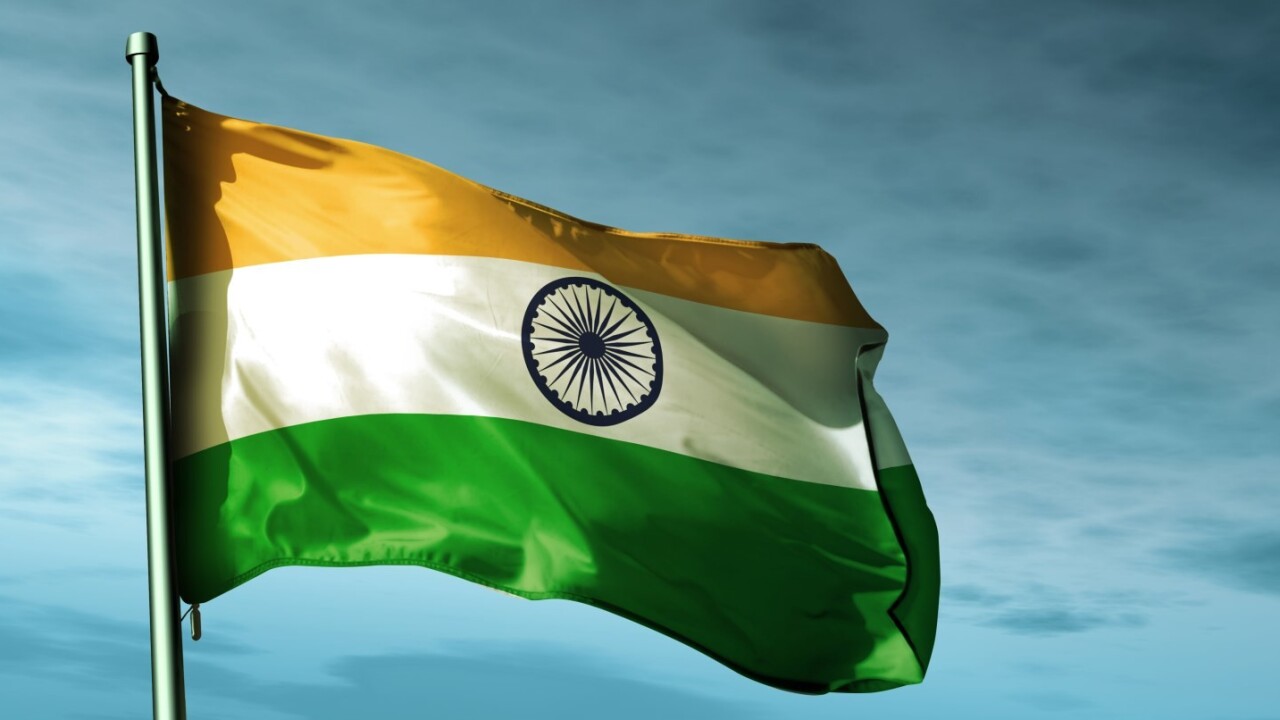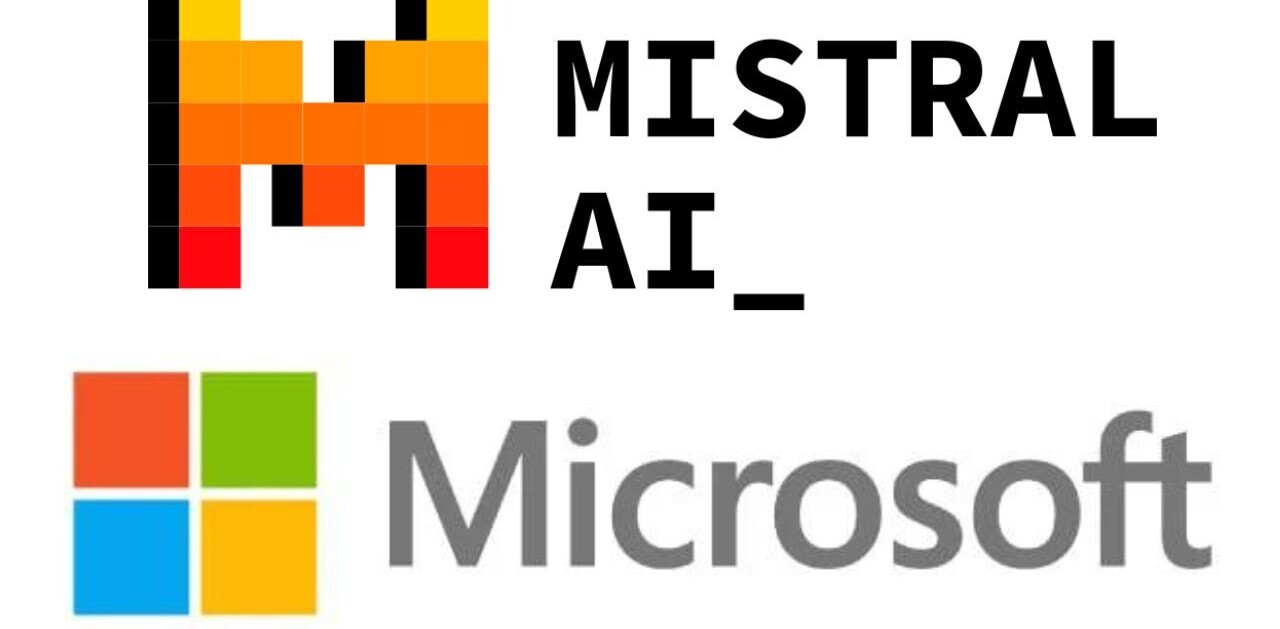
Not everyone in India is elated about Microsoft’s ambitious plans to bring cheap broadband services to 500,000 villages in the country.
The Economic Times reports that the Broadband India Forum (BIF) wrote to the country’s Telecom Secretary Rakesh Garg requesting that Microsoft be required to bid for the frequencies it wants to use, rather than giving them to the company for free.
BIF represents major communication companies in the country, including Bharti Airtel, Reliance Communications, Vodafone, Qualcomm, Ericsson, Intel and Bharat Sanchar Nigam. The letter to Garg is obviously an attempt to keep new competition at bay.
In its letter to Garg, BIF said:
Since TV UHF spectrum has excellent propagation characteristics, making it ideal for both in-building data services and rural coverage, it must be auctioned, given the limited amount of spectrum available for mobile services in the conventional 800, 900, 1800, 2100 MHz bands.
BIF didn’t specifically name Microsoft, but has identified the spectrum of frequencies the Redmond giant has chalked out for deploying broadband in rural India.
The company plans to take advantage of the unused spectrum between TV channels, known as ‘white space’, for its project. In its testing, it managed to successfully bring a rural school online in Andhra Pradesh.
BIF president TV Ramachandran said that Microsoft’s idea is “quite misleading”, as there is “no genuine TV white space” in India: “We actually have wide open spectrum spaces since with only one terrestrial broadcaster (Doordarshan, the government-run television organization), the airwaves in the relevant TV UHF band remain largely unutilized.”
It’s not clear how much that could cost Microsoft, but it’ll probably be a lot: the country’s last telecom spectrum auction, held in March, brought in a record $17.6 billion.
Microsoft India, however, did not reply to ET’s specific query on whether it would participate in a spectrum auction for its project.
The company has run similar pilot programs in the UK and Ghana, to make internet services available for lifeboat operations off the Isle of Wight and deliver broadband to citizens, respectively.
While the BIF is clearly trying to protect the interests of the companies it represents, it also points out that the Indian Telegraph Act, 1885, states that any communications service provider requires a license to operate in the country.
It’s not the first time Indian companies have tried to block Microsoft’s rural broadband plans. The Cellular Operators Association of India (COAI) — of which Ramachandran is the director general — had previously urged Garg to involve all licensed telecom operators in the white space technology field trials “since they involve installation of telegraph and provision of services to the customer, which is governed by the Indian Telegraph Act, 1885”.
The move to involve Microsoft in spectrum auctions is warranted, in that it should pay for the necessary frequencies and the opportunity to deploy communication services just as other players in the space have.
Treating it as a special case, no matter how dire the need for broadband in rural India, could allow the company to further its own interests unfettered.
We’ve contacted Microsoft and Rakesh Garg for comment and will update this post when we hear back.
➤ Broadband forum takes on Microsoft, wants auction of TV broadcast spectrum [ET Tech]
Get the TNW newsletter
Get the most important tech news in your inbox each week.





